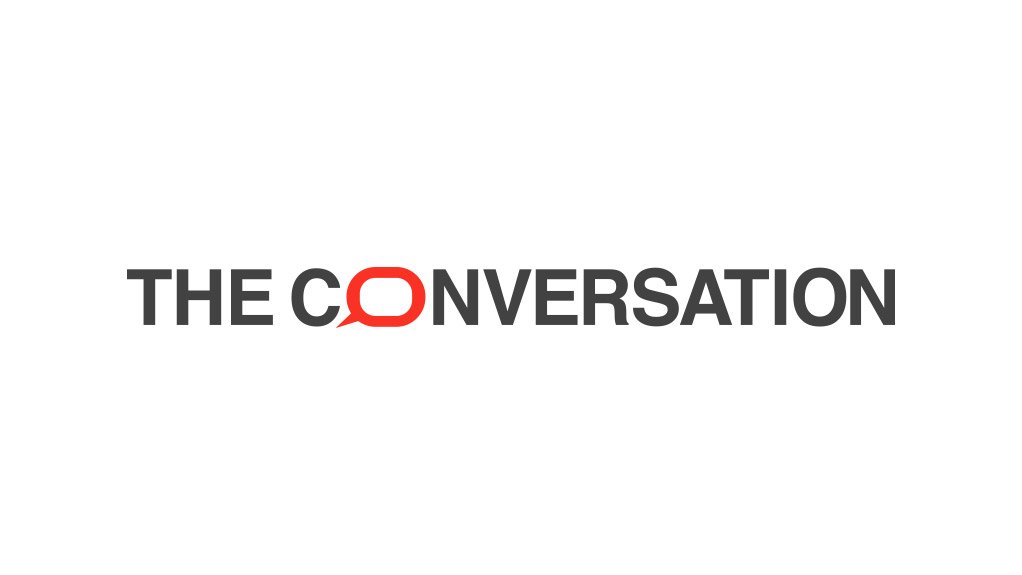Free education in South Africa is a goal worth pursuing, especially for students who are poor and want access to tertiary institutions and those who correctly see it as a right and developmental imperative for the country. Germany has attained it.
The huge challenge is to make the slogan of “free education” a reality. There is not enough money from any source. And government, as the biggest subsidy provider, is not doing well.
South Africa is lowish in world terms for tertiary funding. A task team established by the country’s ministry of higher education and training to investigate funding in the sector reported that the budget for universities as a percentage of GDP was just 0.75%. The Africa-wide proportion is 0.78% and the global proportion is 0.84%.
For countries that belong to the Organisation for Economic Co-operation and Development – among them Germany, Australia, Finland, Mexico and Turkey – the proportion is 1.21%.
South Africa’s main sources of university funding are fees – which have sparked the current dispute – government subsidies and third-stream endowment and convocation or alumni input.
But all of these sources are under pressure.
Subsidies floundering
Government subsidies are determined by student numbers and the number of accredited articles produced by a university’s academics and researchers.
Since 1994, the number of people enrolling at South Africa’s universities has almost doubled. Historically disadvantaged universities such as the universities of Venda and Fort Hare and Vaal University of Technology were under-funded by the homeland states and apartheid institutions such as the Coloured Affairs Department. These have since come under the democratic government’s funding ambit.
Student demographics changed, too, with more black South Africans enrolling. Many come from poorer families and simply cannot afford the fees charged by universities.
There are many problems for the government, including the state of the world economy, which ensures that there is not enough money. Yet it needs tertiary graduates for developing the country and filling the many gaps in delivery.
So, pressure on universities becomes pressure on students, and raising fees becomes an easy target. Parents, too, are affected by the world economy and can no longer afford increases or to pay. I know a student who could not afford even the cheapest form of transport to get to the University of Johannesburg so dropped out and became a garage attendant – luckily, since jobs are scarce and unemployment rates are so high.
Endowments or investment income barely warrant a mention as a funding source, since they are hardly enough in South Africa to plug the gap. Third-stream income from endowments is mostly available to long-established institutions like the universities of the Witwatersrand and Cape Town, rather than the newer universities. These more established institutions in urban centres are also able to generate rental income, such as by leasing space to a hotel or a hospital.
Moving forward
There is thus a need to set targets and plan. Yet universities are autonomous from government. The National Development Plan is an aspiration. But unless institutions agree to fall in line, the plan cannot achieve results.
Students need to get off campus and convince society of their needs, though they also need to convince fellow students. This is done through discussion, hard as it may be.
There is not enough money. There is a challenge that needs a discussion of what tertiary education is for and how many graduates we need. Money cannot come from social grants or basic education or health. So, there is a huge challenge for South Africa.
Written by Graeme Bloch, Visiting Adjunct Professor, Public and Development Management School, University of the Witwatersrand
This article was originally published on The Conversation. Read the original article.
EMAIL THIS ARTICLE SAVE THIS ARTICLE
To subscribe email subscriptions@creamermedia.co.za or click here
To advertise email advertising@creamermedia.co.za or click here











